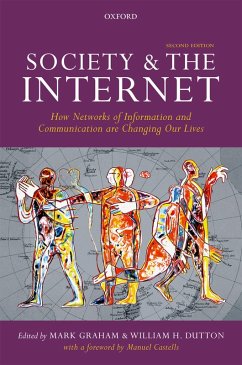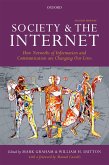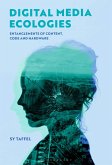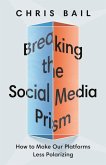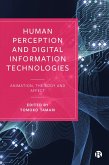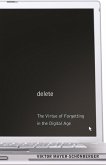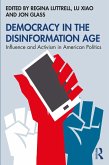How is society being reshaped by the continued diffusion and increasing centrality of the Internet in everyday life and work? Society and the Internet provides key readings for students, scholars, and those interested in understanding the interactions of the Internet and society. This multidisciplinary collection of theoretically and empirically anchored chapters addresses the big questions about one of the most significant technological transformations of this century, through a diversity of data, methods, theories, and approaches. Drawing from a range of disciplinary perspectives, Internet research can address core questions about equality, voice, knowledge, participation, and power. By learning from the past and continuing to look toward the future, it can provide a better understanding of what the ever-changing configurations of technology and society mean, both for the everyday life of individuals and for the continued development of society at large. This second edition presents new and original contributions examining the escalating concerns around social media, disinformation, big data, and privacy. Following a foreword by Manual Castells, the editors introduce some of the key issues in Internet Studies. The chapters then offer the latest research in five focused sections: The Internet in Everyday Life; Digital Rights and Human Rights; Networked Ideas, Politics, and Governance; Networked Businesses, Industries, and Economics; and Technological and Regulatory Histories and Futures. This book will be a valuable resource not only for students and researchers, but for anyone seeking a critical examination of the economic, social, and political factors shaping the Internet and its impact on society.
Dieser Download kann aus rechtlichen Gründen nur mit Rechnungsadresse in A, B, BG, CY, CZ, D, DK, EW, E, FIN, F, GR, HR, H, IRL, I, LT, L, LR, M, NL, PL, P, R, S, SLO, SK ausgeliefert werden.

